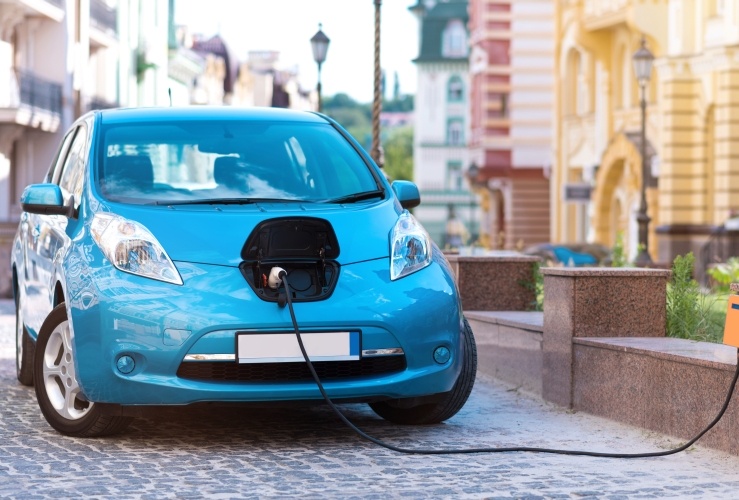
March saw the biggest monthly rise in car sales since records began, as 17-plate motor registrations grew by 8.4 per cent.
The surge in sales was put down to increased demand for electric and low-emission cars.
SMMT chief exec Mike Hawes said: “These record figures are undoubtedly boosted by consumers reacting to new road tax changes, pulling forward purchases into March.”
After April 1, only pure electric cars qualify as tax free, which has prompted interest in the car type. Owners of hybrids and dual-fuel cars can no longer benefit from zero-tax status.
Drivers of low emission cars pay tax on a sliding scale based on their cars’ CO2 emissions.
The tax rate for standard petrol and diesel vehicles is now £140 per annum.
The Ford Fiesta, Ford Focus and Vauxhall Corsa were the best-selling cars in the UK for March, according to the Society of Motor Manufacturers and Traders (SMMT).
Despite long-term government plans to remove diesel cars from UK roads, sales in the car type actually increased in March – by 1.6 per cent. 244,463 diesels were sold last month.
However, the total market share for diesel cars fell from 46 to 43 per cent, year-on-year.
Diesels are now considered more harmful to the public and the environment than previously believed. While CO2 emissions from diesels are lower than petrol cars, they also pump out NOx gases, which have direct and indirect effects on human health.
Direct effects include breathing problems, chronically reduced lung function, headaches, eye irritation, poor appetite and corroded teeth.
Indirect effects on humans stem from the fact NOx gases damage ecosystems by harming plant and animal life.





